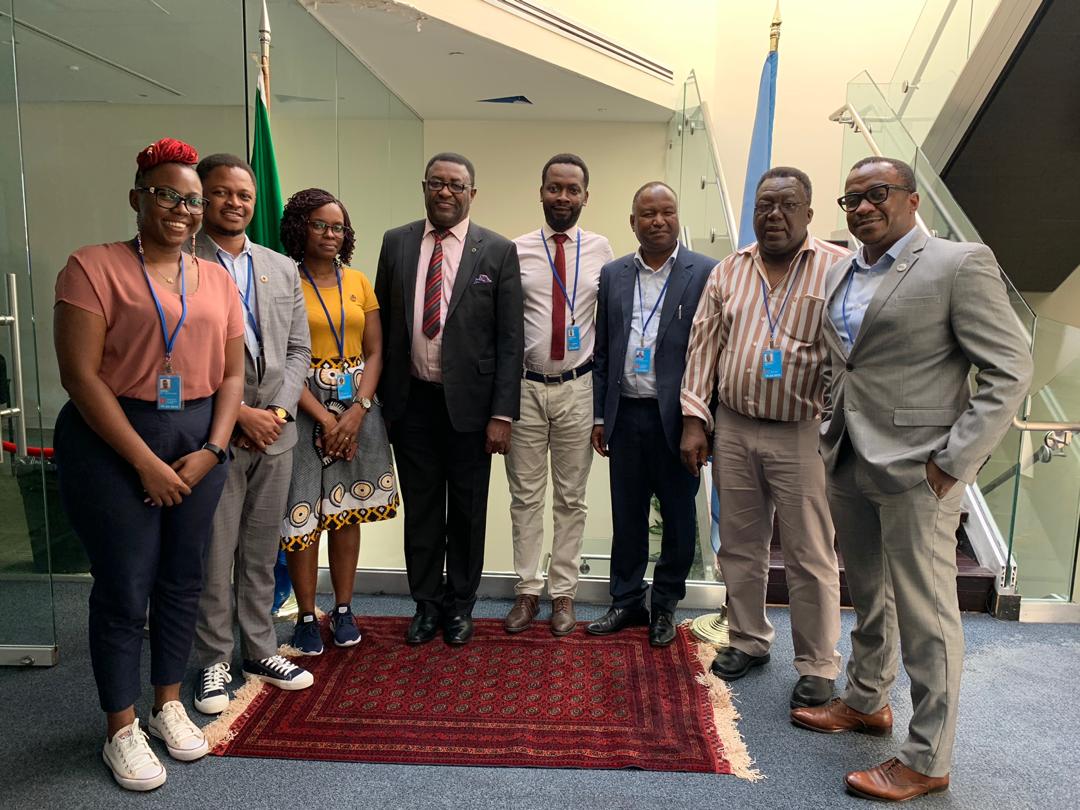
Successful implementation of Agenda 2030 for sustainable development requires partnerships and multi stakeholder approaches. This was said today by the Hon. Ambassador Mero when officiating the Tanzania side event entitled “SDGs Audit: In Focus Africa Experiences from Africa on Institutionalization Partnerships, inclusivity and accountability” to share experiences on implementing SDGs in Africa, exploring findings, recommendations and a discussion on how to institutionalize implementation efforts across African countries. The event was coordinated in partnership between Policy Forum, Hivos, Africa Philanthropic Foundation, Tanzania Sustainable Development Platform, and UNA Tanzania.
Speaking further about these partnerships, he recognized the role of CSOs to contributing to the first Voluntary National Review (VNR) in Tanzania and involvement of other stakeholders towards the realization of Sustainable Development Goals (SDGs).
“Learning collectively is important in ensuring the challenges faced in implementation of SDGs are addressed effectively because it takes two tango,” he said. Finishing by urging stakeholders to adequately reflect on SDGs and partnerships that can support the proper implementation of the goals.
One of the panelists, Martin Tsounkeu noted the importance of domestic resource mobilization in financing SDGs. He urged African countries not to rely on a single source of financing considering the vast natural resources the continent is endowed with.
This side event was held parallel to High Level Political Forum under the auspices of Economic and Social Council of United Nations it has a central role in the follow-up and review of the 2030 Agenda for Sustainable Development the Sustainable Development Goals (SDGs) at the global level.
To demonstrate commitment to achieve the SDGs, the government of the United Republic of Tanzania registered interest to present its Voluntary National Review at the upcoming HLPF in 2019. This is going to be the first time for Tanzania to undertake a VNR, but it is anticipated that this process will continue in the future on a regular basis towards 2030. VNR serves as a dashboard that maps the status of implementation of SDGs nationally, regionally and globally, and its process has proved to solidify collaboration amongst different stakeholders and build momentum towards achieving the SDGs.
